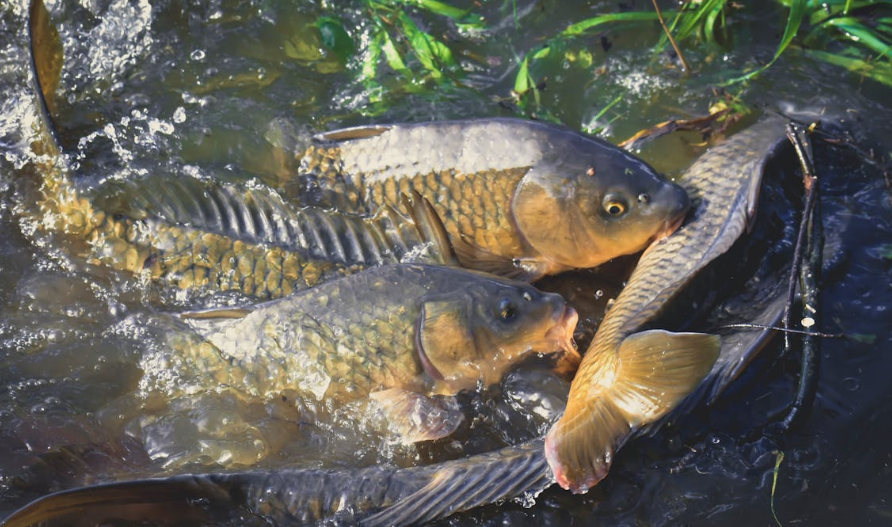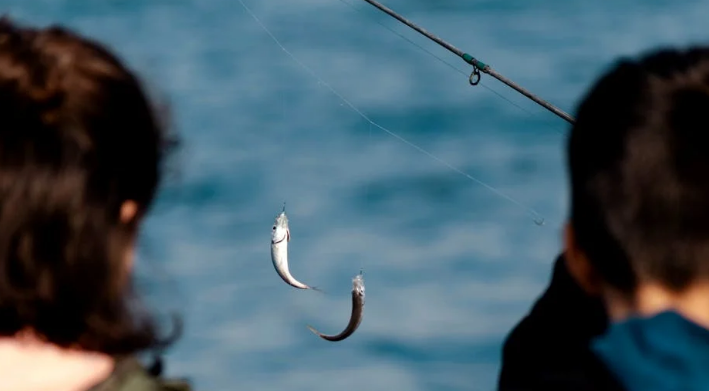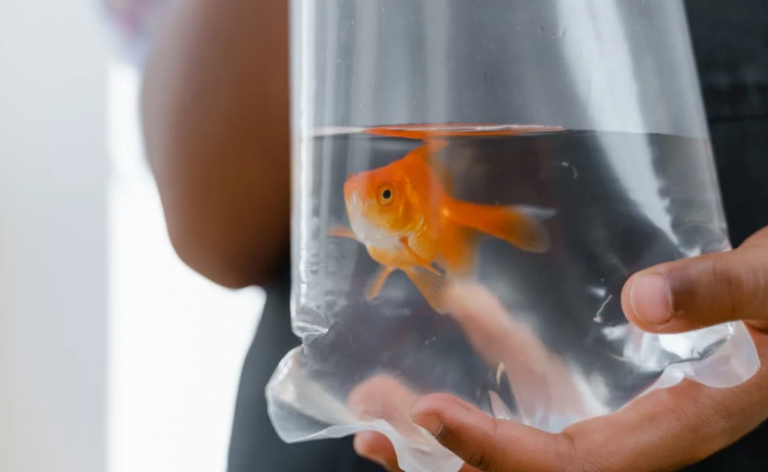Fishing is a favorite hobby for many. People of all ages enjoy it. It’s relaxing and exciting at the same time. But what happens when the weather gets cold? Do fish still bite? This article explores what happens to fish in cold weather and how you can still catch them.
Fishing isn’t just a warm-weather activity. Many people enjoy fishing all year round. But when winter comes, the water gets cold. It can be harder to catch fish. Fish are cold-blooded. Their body temperature changes with the water. So, in cold weather, fish become less active. They slow down and don’t need to eat as much. But that doesn’t mean they stop biting completely. Let’s dive deeper into how fish behave in cold weather and how you can still catch them.

Fish Behavior in Cold Weather
Fish have different ways of dealing with the cold. Some fish, like bass and trout, can survive in colder water. Others, like tropical fish, can’t handle the cold and either move to warmer areas or slow down a lot.
Cold-Blooded Creatures
Fish are cold-blooded. This means their body temperature is the same as the water around them. In cold weather, their metabolism slows down. They don’t need as much food and don’t move as much. This makes them less likely to bite. But they still need to eat, just not as often.
Where Do Fish Go in Winter?
In winter, fish often move to deeper water where it’s a bit warmer. Lakes and rivers have layers of water at different temperatures. The deeper layers are usually warmer. Fish will go there to stay warmer. They also look for places with lots of cover, like rocks or underwater plants. These places keep them safe and warm.
What Do Fish Eat in Winter?
Fish change their diet in winter. They eat smaller meals because their metabolism is slow. They might eat smaller fish, insects, or even plants. They are less active hunters, so they go for food that’s easy to catch. This is important to remember when you choose your bait.
Must Read:
A White-Tailed Predatory Seabird That Eats Fish
Why Does My Aircon Smell Like Fish?
Fishing Techniques for Cold Weather
Just because it’s cold doesn’t mean you can’t catch fish. You just need to change your approach. Here are some tips to help you catch fish in cold weather.
Use Smaller Bait
Since fish eat smaller meals in winter, use smaller bait. Smaller lures and worms work better. Fish are more likely to bite if the food looks easy to catch.
Fish Deeper
In cold weather, fish stay in deeper water. Use a heavier weight on your line to get your bait down deep. Look for places with deep water and lots of cover. That’s where fish will be hiding.
Slow Down Your Movements
Fish are slower in cold water, so you should be too. Move your bait slowly. Quick movements will scare the fish away. A slow, steady approach will attract more bites.
Choose the Right Time of Day
Fish are more active when the water is a bit warmer. In winter, this is usually in the late morning or early afternoon. Plan your fishing trips for these times to have the best chance of catching fish.
Use Sensitive Gear
In cold weather, fish bite more gently. Use a rod with a sensitive tip to feel the bites. Pay close attention to your line. Even a small tug could mean a fish is biting.
Be Patient
Fishing in cold weather takes patience. Fish are less active and won’t bite as often. Be prepared to wait longer between bites. Stay warm and enjoy the peace and quiet.
Types of Fish That Bite in Cold Weather
Not all fish bite in cold weather. But some types are more likely to. Here are a few fish that you can catch in winter.
Trout
Trout are a popular fish for winter fishing. They can handle cold water and are active even in winter. They often stay in deep pools or slow-moving parts of rivers. Use small lures or worms to catch them.
Bass
Bass are slower in winter but still bite. They often stay near rocks or underwater structures. Use small, slow-moving baits to attract them. Fishing for bass in winter can be challenging but rewarding.
Pike
Pike are aggressive predators and still hunt in cold weather. They often stay in deeper water near the bottom. Use larger baits to attract them. Pike fishing in winter can be very exciting.
Perch
Perch are small but fun to catch. They stay active in winter and are often found in schools. Use small jigs or worms to catch them. Perch fishing is great for kids and beginners.
Crappie
Crappie are another fish that bite in winter. They often stay near underwater structures. Use small minnows or jigs to catch them. Crappie fishing can be very rewarding in cold weather.
Must Read:
Why Does My Heater Smell Like Fish?
Staying Safe While Fishing in Cold Weather
Fishing in winter can be fun, but it’s important to stay safe. Here are some tips to help you stay warm and safe while fishing in cold weather.
Dress in Layers
Wear lots of layers to stay warm. Start with a base layer to keep moisture away from your skin. Add a middle layer for warmth and an outer layer to keep out wind and water. Don’t forget a hat and gloves.
Keep Your Feet Dry
Wet feet can get very cold. Wear waterproof boots and warm socks. Bring extra socks in case your feet get wet.
Stay Dry
Wet clothes can make you very cold. Try to stay dry while fishing. Bring a waterproof jacket and pants. If you get wet, change into dry clothes as soon as possible.
Be Careful on Ice
If you’re ice fishing, make sure the ice is safe. The ice should be at least 4 inches thick to walk on and 8-12 inches thick to drive on. Always check the ice thickness and look for cracks or weak spots.
Bring Hot Drinks
Hot drinks can help you stay warm. Bring a thermos with hot chocolate or tea. Avoid alcohol as it can make you feel colder.
Tell Someone Where You’re Going
Let someone know where you’re going and when you’ll be back. This is important in case you get lost or need help.
Carry a Phone
Bring a phone with you in case of an emergency. Keep it in a waterproof case to protect it from the cold and wet.
Conclusion
Fishing in cold weather can be challenging, but it’s not impossible. Fish are still out there, even when it’s cold. They just behave differently. By understanding how fish act in cold weather and adjusting your techniques, you can still catch fish. Use smaller bait, fish deeper, and move slowly. Look for fish that stay active in winter like trout, bass, and pike. Stay warm and safe by dressing in layers and keeping dry. And remember, patience is key. With the right approach, you can enjoy fishing all year round.



